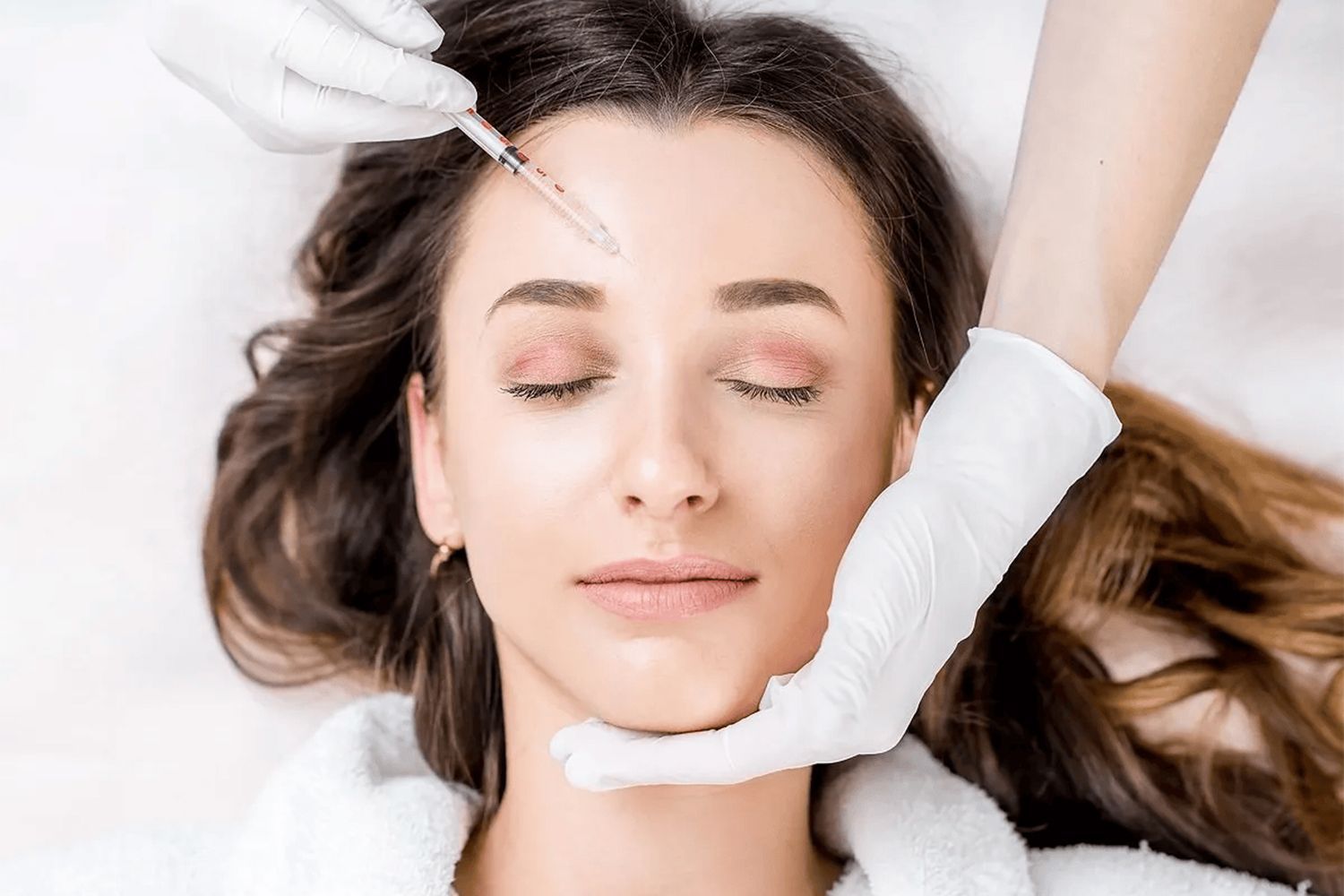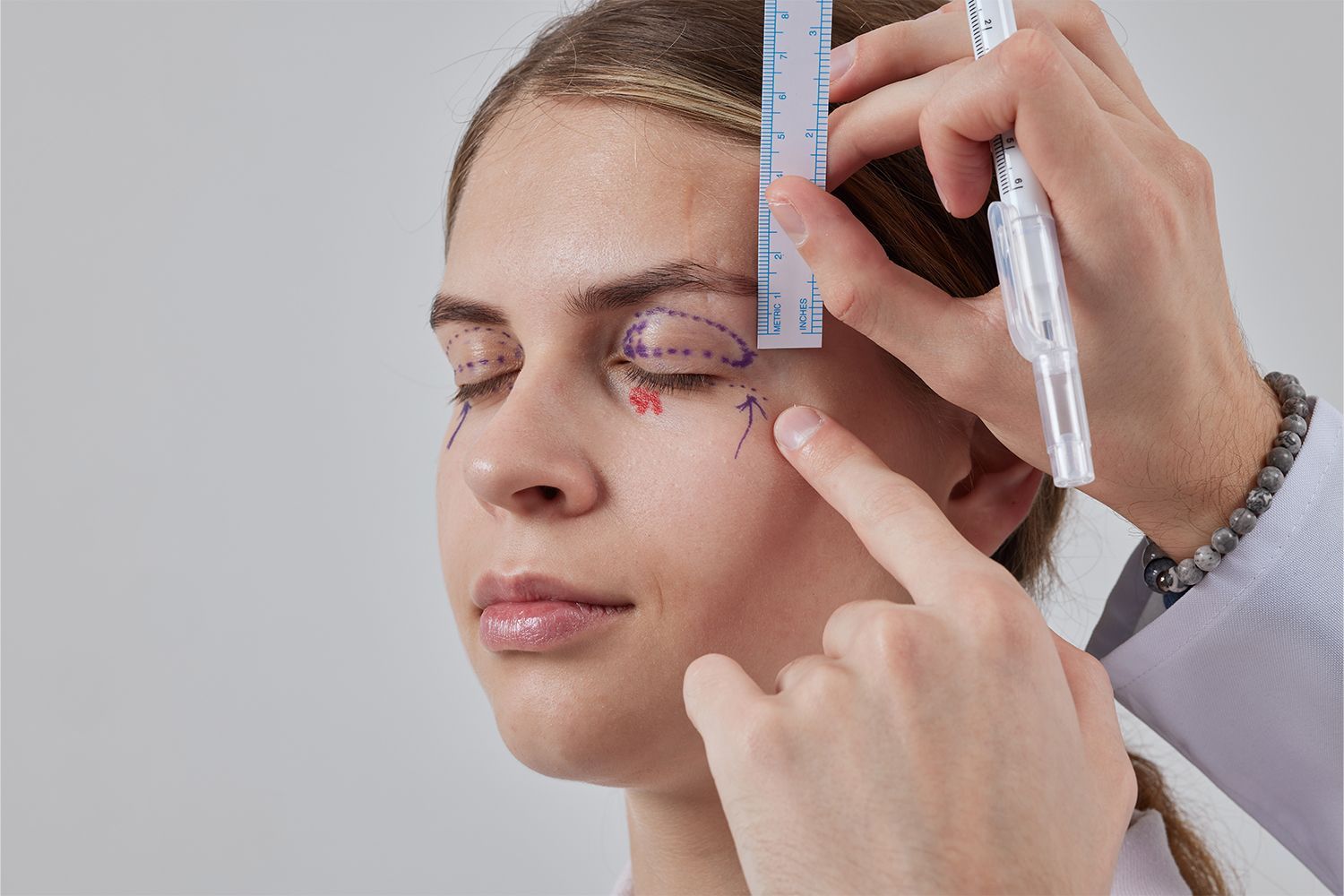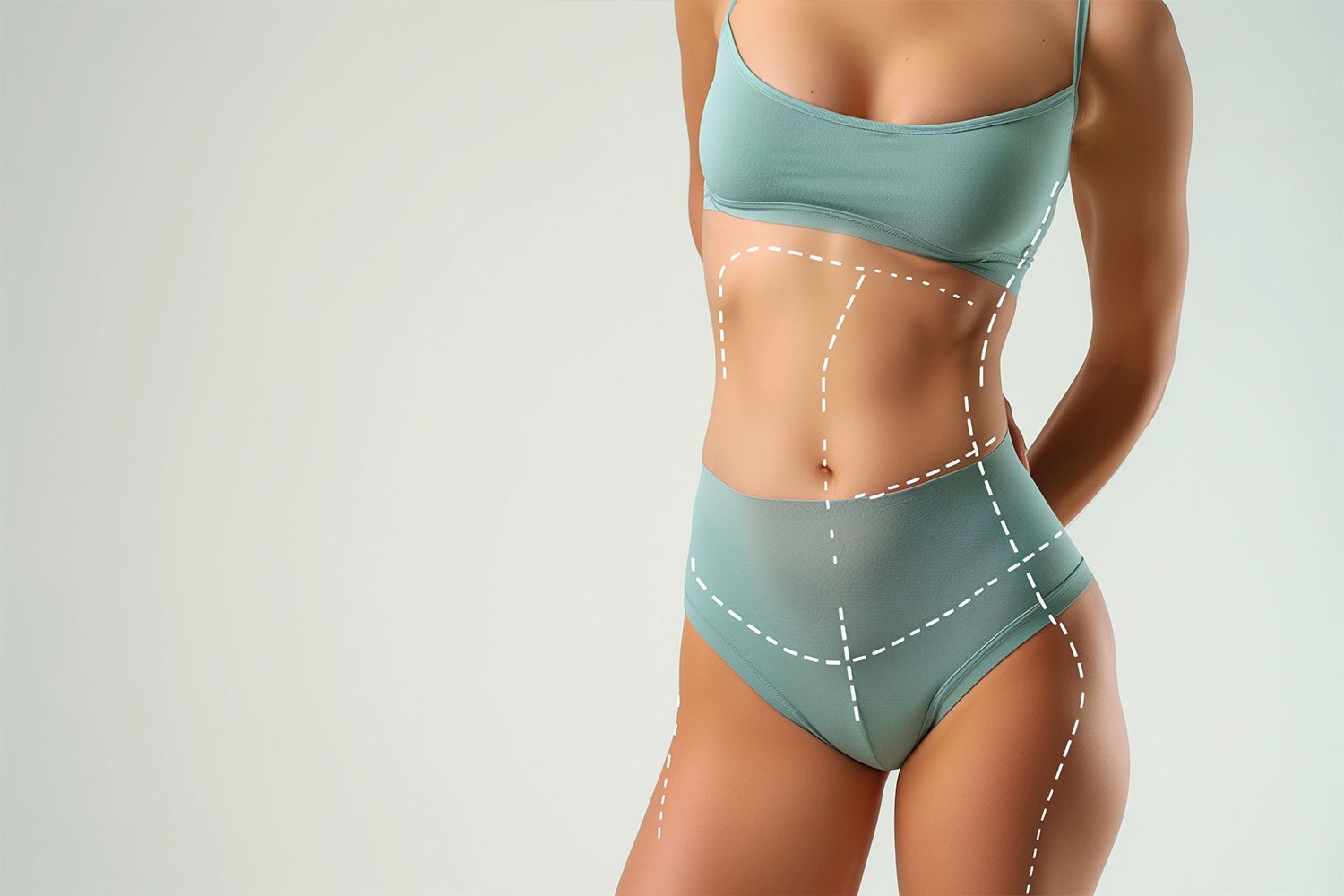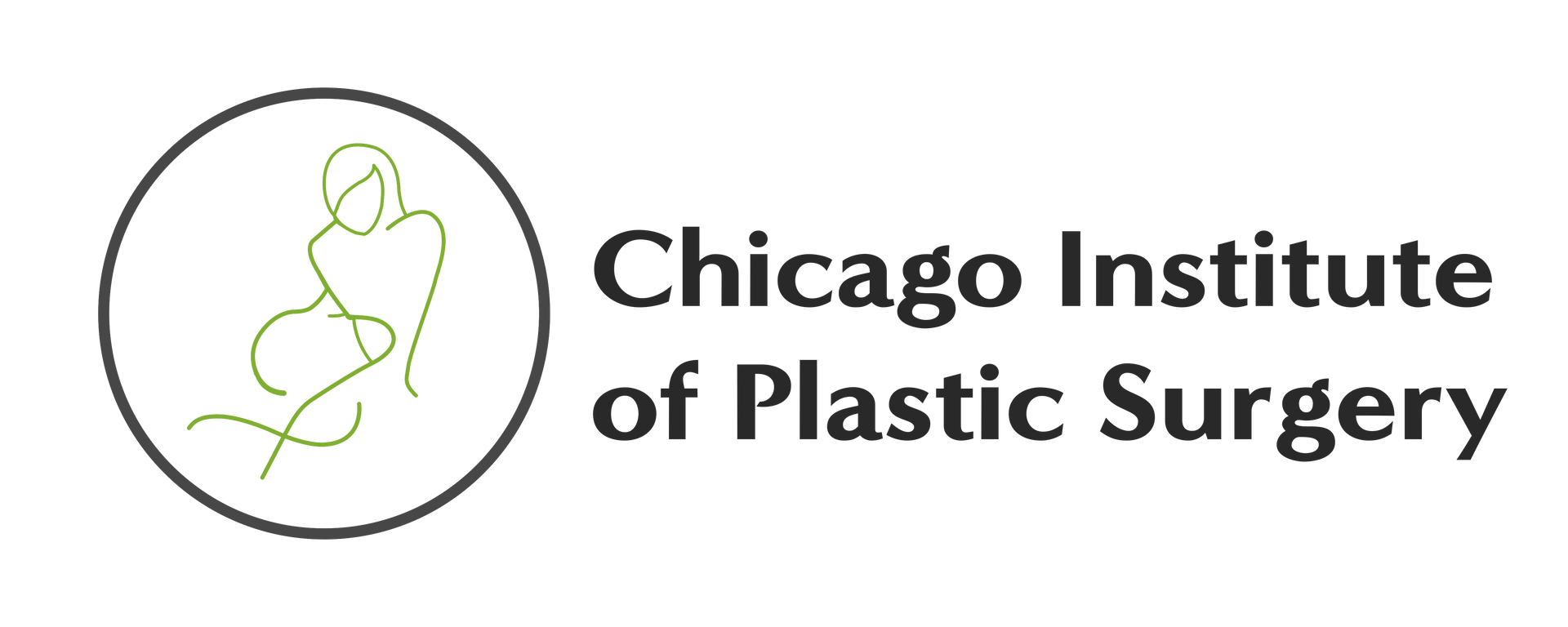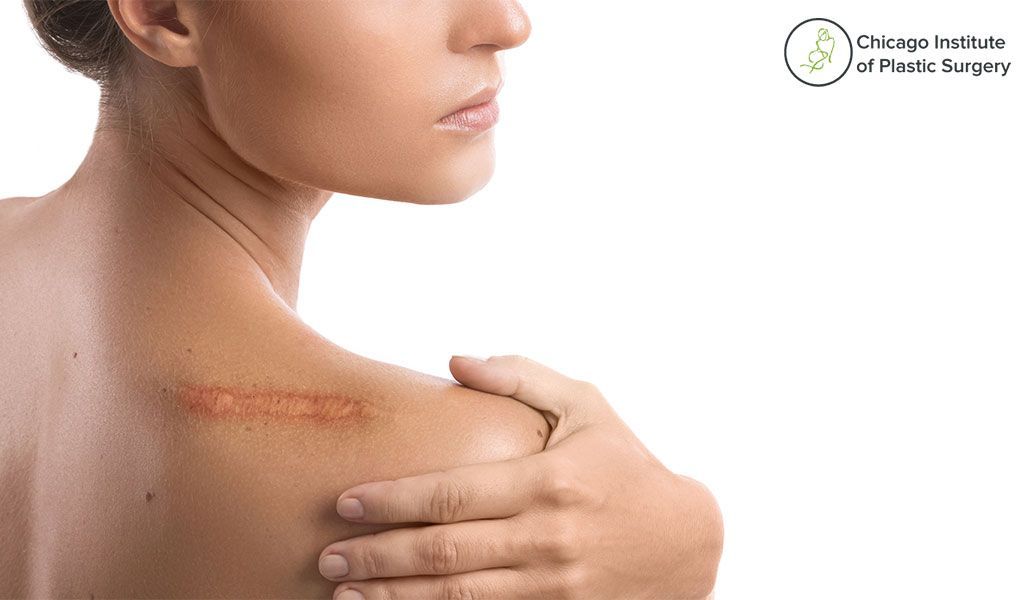Scars are a natural part of the healing process that your body uses to repair and close wounds, but they can be an unwelcome reminder of a previous injury or surgical procedure. Many scars are removed for cosmetic reasons, but others, such as a large burn scar over your elbow, knee, or fingers, require treatment because they interfere with range of motion.
Some people don't mind these historical markers, but others want to get rid of them. Scar revision procedures aim to improve or minimise the appearance of scars.
Why these scars are so
apparent?
Scar appearance is frequently influenced by
the depth, location, and nature of a skin wound.
When your skin is damaged, your body produces
collagen and other natural substances that help form new tissue to fill the gap
left by the wound. This new skin is different in texture and colour from the
old skin, and it may form a ridge or a bump over the wound site, making the
scar more visible.
When the underlying support structure is
damaged or lost, a dimple or pit may form. This is seen with acne, but it also
happens with other wounds, such as previous surgical incisions. Scarring is
also characterised by skin discoloration that persists after acne outbreaks.
Where can I do scar
plastic surgery?
You can get an injury on almost any part of
your body, so you can get a scar on almost any part of your body. The type of
plastic surgery best suited to your scar can vary.
Face
When it comes down to it, your face is the
most visible part of your body. Your doctor will discuss the procedures
available for scars on your face with you. Much will be determined by the type
of scar on your face.
To smooth down a raised or rough scar, your
doctor may advise you to begin with dermabrasion or laser resurfacing. If you
have a keloid or hypertrophic scar, they may recommend medication injections to
reduce its size. According to the CI Plastic Surgery Clinic in
Chicago,
they will then proceed to scar excision.
Neck
Your neck is also quite visible, so your
doctor may discuss scar revision surgery with you to reduce the appearance of
the scar. A surgeon may be able to work with your neck's natural tension lines.
Again, the procedure will be determined by the type of scar, as well as its size.
Not only do we treat neck scars, but we also
perform neck tightening surgery in Chicago.
We have well-trained and professional
surgeons available at all times for surgery.
Trunk and limbs
You might be most concerned about how other
parts of your body function. For example, if you have a contracture on your
hand or leg from a burn, you may want to consider scar revision to relieve
tension and restore lost movement. A procedure similar to a Z-plasty can
lengthen the scar and alleviate the tension that is common with this type of
scar.
Can plastic surgery treat
acne scars?
For acne scars, some dermatologists will
recommend a cosmetic treatment such as laser
skin treatment, micro-needling, or chemical peels. If that doesn't quite do
the trick, you could try dermal fillers. However, minor surgery is another
option you should consider.
Depressed acne scars
Depressed acne scars are those that have
sunken into the skin. If you have a depressed acne scar, your doctor may be
able to surgically "lift" it up to make it flush with the rest of
your skin. This can help to conceal the scar.
Raised acne scars
If you have raised acne scars, you could try a
nonsurgical treatment such as corticosteroid injections first. If it didn’t
work properly, then go for a surgery from your trustable doctor.
After surgically removing the raised scar,
your doctor may recommend additional corticosteroid treatments or other
treatments such as radiation therapy. People with lighter skin who have raised
scars may benefit from cryosurgery.
If you're looking for damaged skin treatment
in Chicago, look no further. CI Plastic Surgery Clinic is the best option for
you. You can get the look you want at this clinic.
How do I prepare for
surgery?
Scar revision would be performed by a plastic
surgeon. The surgeon should be given information such as:
● Medical background
● Any allergies that are known to exist
● Previous surgeries
● Medication is taken on a regular basis.
● Before undergoing scar removal surgery, the
individual would be required to:
● Take medical tests to ensure your fitness for
surgery.
● Avoid taking aspirin, blood thinners like
warfarin, and other medications that can cause excessive bleeding during
surgery.
● Stop smoking before the surgery because it
interferes with the healing process.
What can I expect after
surgery?
Before scheduling your procedure, we'll go
over your expectations and aftercare. Scar revision, like any surgery, can
cause localised discomfort and swelling at the incision site for one to two
weeks.
However, the new scar will continue to heal
and fade for up to a year, and it is critical that you carefully follow
aftercare instructions to minimise scarring at the new incision site.
We can't completely remove a scar, but we can
often significantly reduce its appearance, sometimes so much that you have to
look hard to find it. In the case of contracture scars, surgical revision and
appropriate wound care can help restore both the region's appearance and
function.
If you search for the best scar treatment clinic in Chicago, we are at the top of the list. Dr. Dhaval
Patel of CI Plastic Surgery Clinic is a skilled and board-certified surgeon who
specialises in soft tissue surgery, including scar removal (revision). He's
happy to answer a few questions about scar types and treatments for reducing
their visibility.

